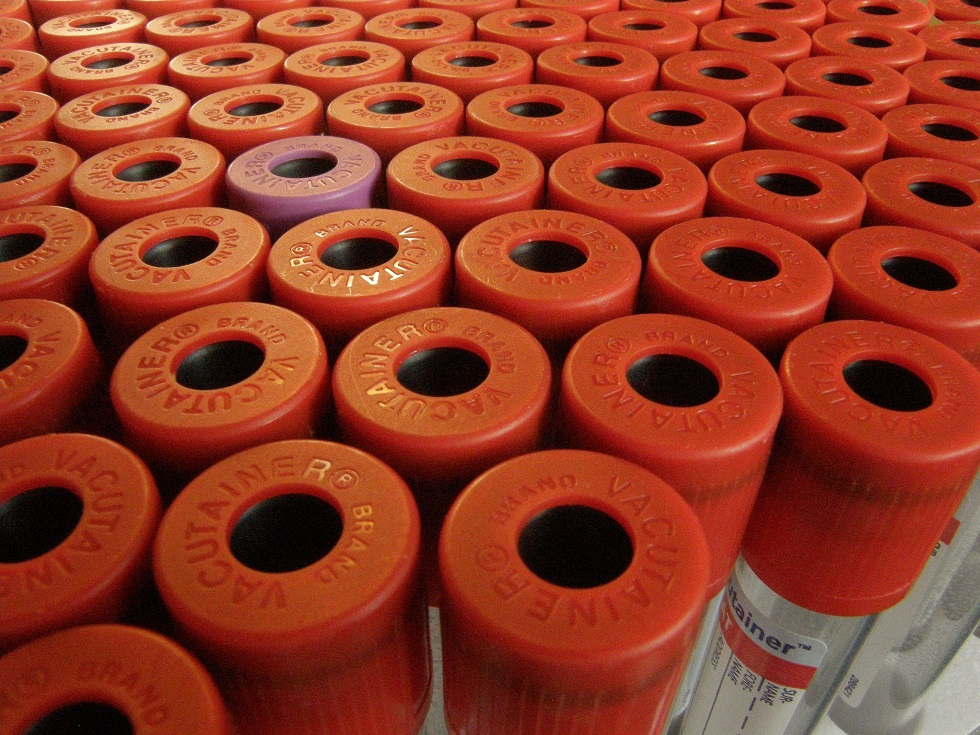Species: All (but not very useful in birds/reptiles)
Specimen: Plasma or serum
Container: EDTA, heparin or red top tube
Collection protocol: Fasted sample preferred.
Special handling/shipping requirements: None.
General information about the disease:
Used as a convenient, though poorly precise/sensitive, indicator of renal function/Glomerular filtration rate (GFR)
General information about when this test is indicated:
Creatinine is formed from muscle creatine at a relatively constant daily rate, not as affected by extrarenal factors as urea. Minor dietary and postprandial effects (red meat consumption increases and eating a meal decreases serum urea). Excreted almost exclusively through glomerular filtration in kidneys. Patient may experience significant reduction in functional nephron number/GFR (>75%) before serum creatinine is significantly increased. Reductions in GFR from prerenal, renal, or postrenal causes cannot be distinguished as all may increase serum creatinine. Postrenal causes (e.g. lower urinary tract obstruction) are usually associated with the largest and fastest increases. Decreased results are rarely clinically significant, though animals with lower muscle mass tend to have lower creatinine.
Major differentials: Reduced renal perfusion (dehydration, shock, cardiovascular disease) urinary tract obstruction or rupture, renal disease.
Comparison with other related tests:
Tends to parallel serum urea in renal disease or reduced renal perfusion. Affected less by extrarenal factors. Should be interpreted in conjunction with urinalysis.

